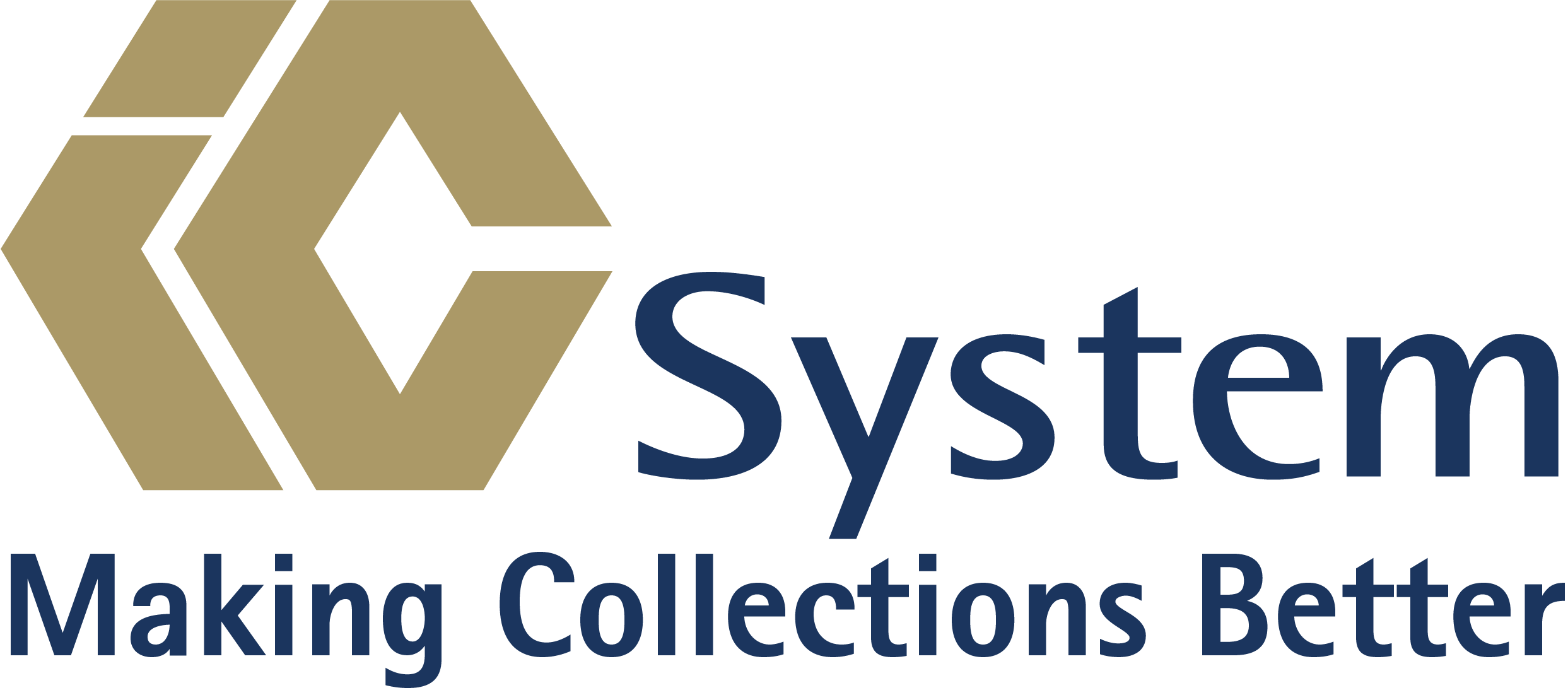The Disadvantages of Debt Collection, and Its Necessity for Businesses

Debt collection can be a necessary evil for businesses. When customers fail to pay their bills on time, it can significantly impact a business’ cash flow and profitability. Many businesses turn to a third-party accounts receivable management company to resolve the issue. However, there are also some risks associated with debt collection that businesses should know about before engaging with a collection agency.
Some of the potential disadvantages of debt collection include:
• Damage to customer relationships: Debt collection can damage customer relationships, especially if it is handled with an aggressive tone and manner. This can lead to lost customers, complaints to the Better Business Bureau, and a negative reputation for the business. To avoid this risk, ensure your collection agency is invested in having positive, productive interactions with your customers.
• Legal liability: Debt collection laws are complex and vary from state to state. Collection agencies not complying with these laws can face legal liability, including lawsuits and fines. The suits can also prove time-consuming and even costly for the original creditor. Be sure your collection agency is committed to legal and regulatory compliance.
• Cost: Debt collection can be expensive. If a business isn’t prepared for that cost, there may be some sticker shock. Understand a collection agency’s fee structure before you buy their service.
Despite the risks, debt collection plays an essential role in the financial health of most businesses. With them, businesses can recover otherwise uncollected accounts receivable revenue, which substantially impacts their bottom lines.
Here are a few reasons why collection agencies are so important:
• They protect cash flow: When customers fail to pay their bills on time, it can have a significant impact on a business’s cash flow. Debt collection can help businesses to recover this lost revenue.
• They improve profitability: Debt collection can also help to improve a business’s profitability. By reducing the amount of bad debt on the books, businesses can increase their profits.
• They deter future delinquency: Debt collection can also deter future delinquency by sending a message to customers that they are expected to pay their bills on time. This is especially helpful when a business relies on repeat customers.
Even though it’s a good idea that you work with a collection agency, you can avoid having to use a collection agency by following these tips for minimizing debt collection:
• Have a clear debt collection policy in place: This policy should outline the steps that the business will take to collect debts, as well as the consequences for customers who fail to pay their bills on time. This may dissuade nonpayers.
• Communicate with customers early and often: If a customer is behind on their payments, the business should contact them early and often to try to work out a payment plan before sending an account to collections (usually around 60-120 days past due).
• Use a fair and ethical approach: When talking to past-due customers, talk to them in a fair and ethical manner, and make every attempt to find a solution. If you must send them to collections, ensure that you can trust your collection partner to remain in compliance with all applicable laws and maintain an ethical approach.
Even though there are some disadvantages to debt collection, countless American companies feel the pros outweigh the cons. By understanding the risks and taking steps to minimize them, businesses can collect debts while protecting their customer relationships and reputation. However, it is important to choose a reputable agency that has a good track record, and that it keeps both your business’ and your customers’ best interests in mind.
About the Author: Eric Johannes








